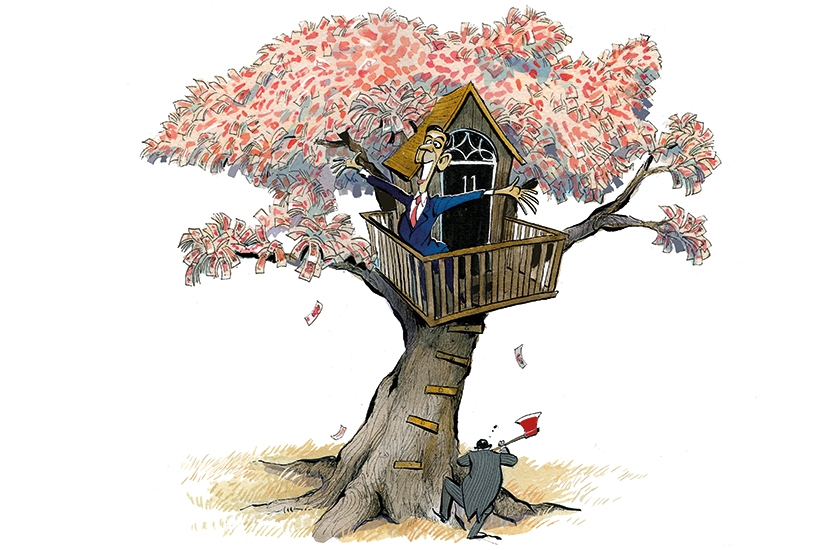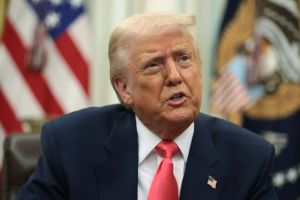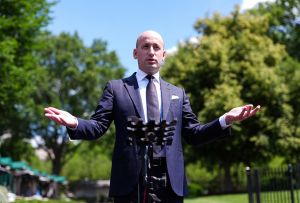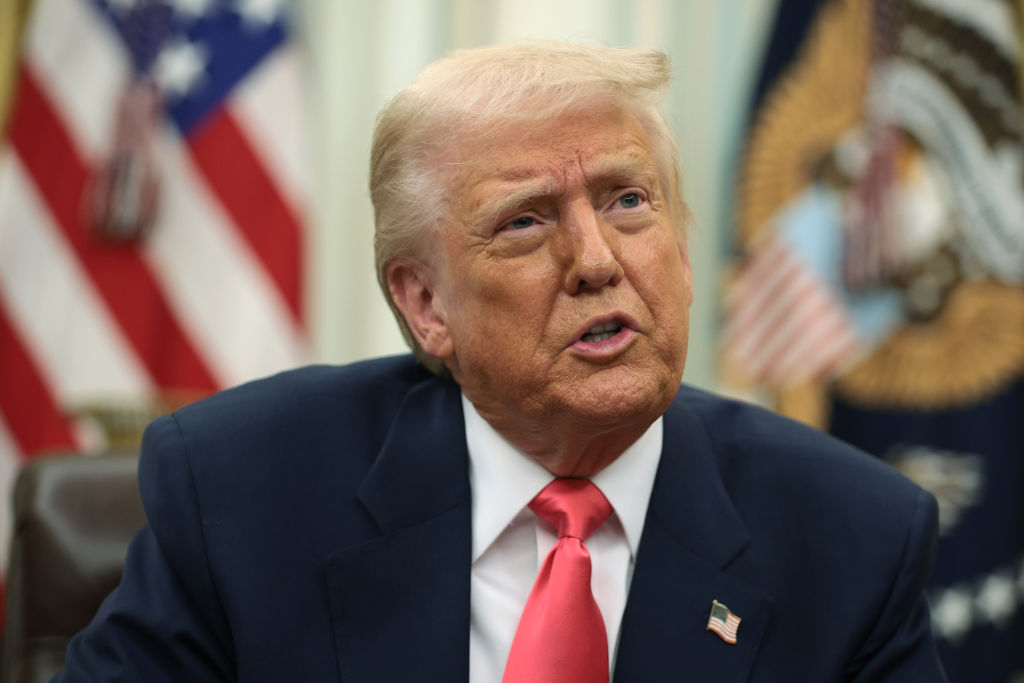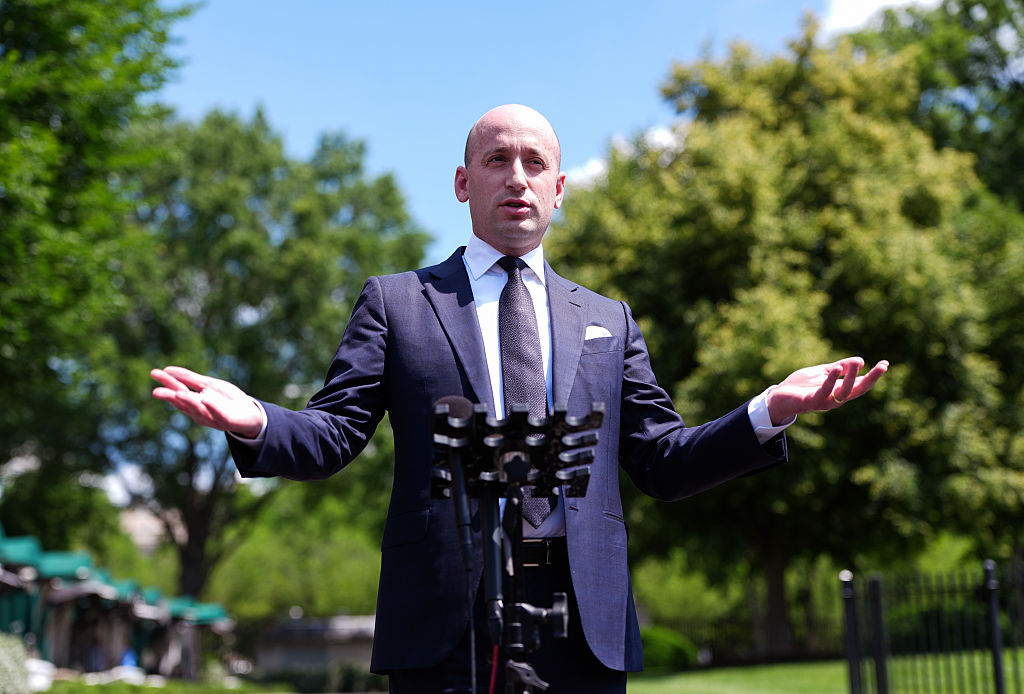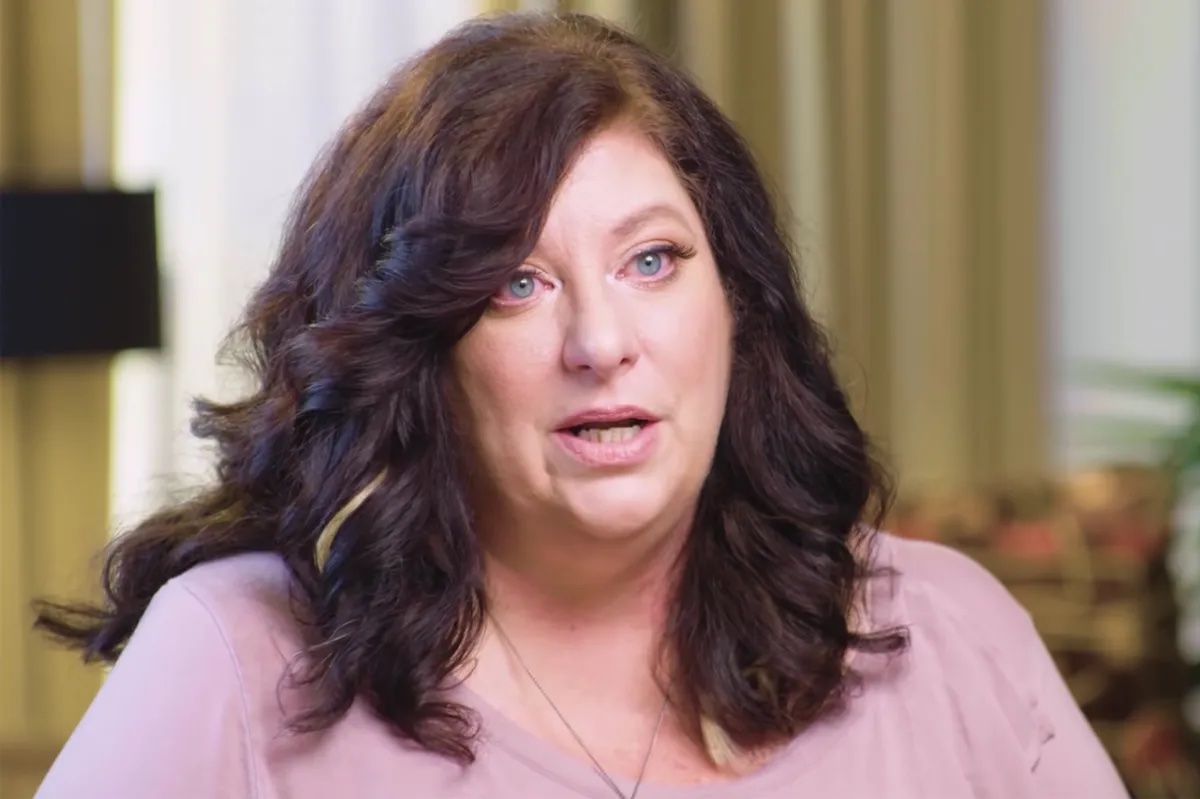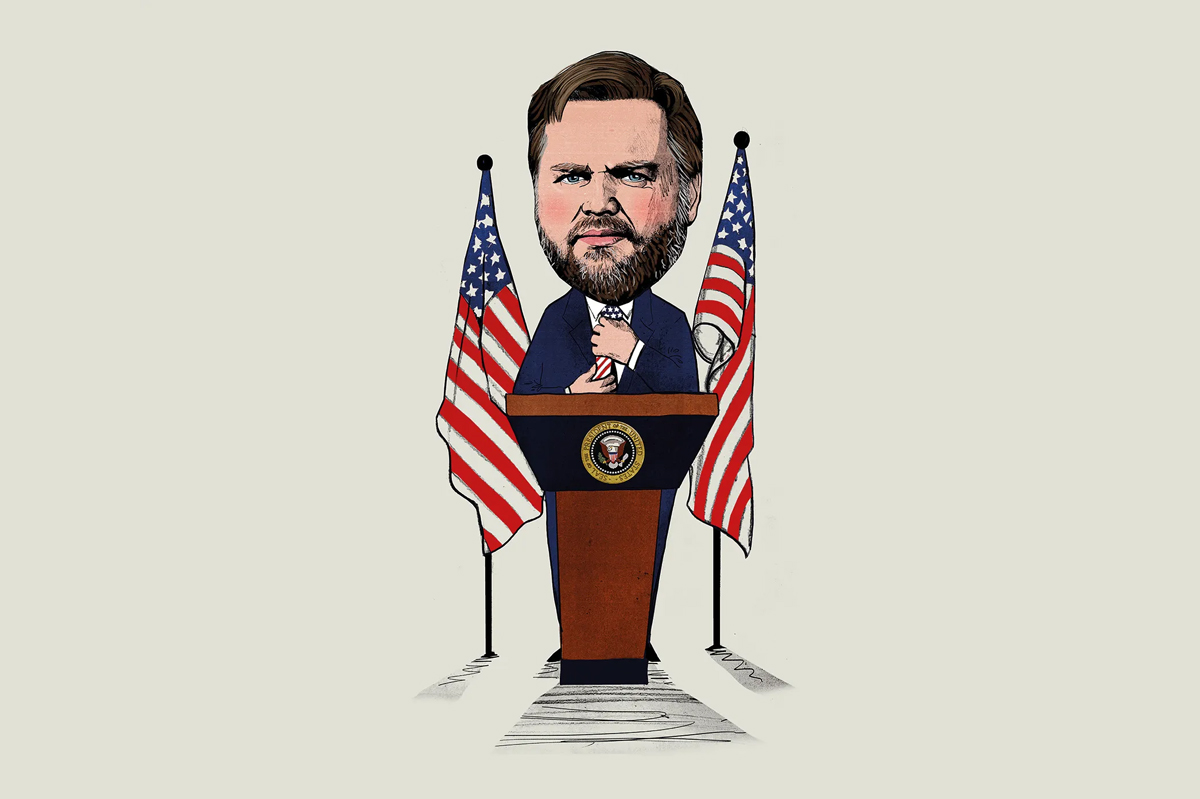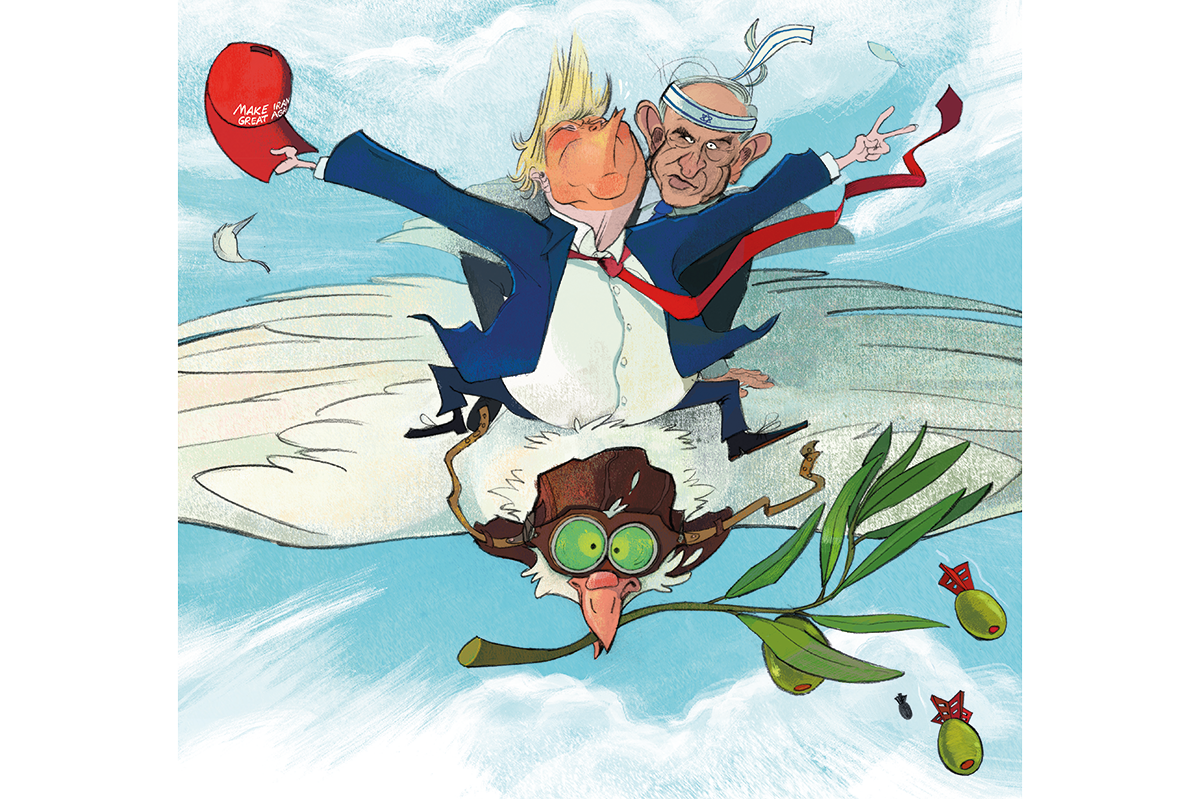After 10 months as Britain’s Chancellor of the Exchequer, Rishi Sunak has finally decided that it’s safe to settle into 11 Downing Street. When we meet, there’s a modern work of art depicting currency signs — €, $, £, Y — being hung in the sitting room, and a portrait of Disraeli being moved to another room.
He never had much time to get comfortable, thrust into his job after the surprise resignation of Sajid Javid in February and expected to deliver a Budget the following month. ‘I thought my most difficult professional thing would be to put a Budget together in three and a half weeks,’ Sunak says now. ‘But it turned out actually that that was probably the easiest thing we’ve had to do.’
The Chancellor has certainly been busy. The furlough scheme, the business loans, the suspension of tax collection — all a large part of the reason public debt now exceeds 100 percent of GDP for the first time since 1961. At one point, a third of UK employees were having their salaries paid by his scheme. Over his 10 months in the job, he has borrowed more than Gordon Brown did in nine years.
When we mention this to him, he appears taken aback. ‘It’s the first time someone has put it to me that way,’ he says, but adds that there are very different types of borrowers. And chancellors. He is unusually interested in finance, and worked in a hedge fund during the 2008 crash. ‘I kind of sat there, watching things evaporate in front of my screen on a daily basis with very large sums of money just disappearing,’ he says. The COVID crisis involved an element of déjà-vu. ‘It was like being back where I came from. Everyone was working night and day, around the clock. But I have never felt better supported.’
This year, his job — mainly — has been to borrow eye-watering sums of money and then give it away, hoping to stave off economic Armageddon. His largesse has gone down well: one poll put him as the most popular chancellor for 40 years. But this may change if, as many expect, unemployment doubles and tax rises — perhaps even wealth taxes — begin. So will the Chancellor plot a path to fiscal credibility, or does he, like so many Tories, now regard the austerity agenda as old hat?
‘It is clearly not sustainable to borrow at these levels. I don’t think morally, economically or politically it would be right,’ he says. ‘Running a structural deficit years into the future, with debt rising? That’s not building up the resilience you need to deal with the future shock that will come along, and someone else will be sitting in my chair. We now have had two of these things in a decade: who knows what the next shock will look like?’
This is Sunakism: a belief that it’s suicidal for any government to depend on high borrowing and low interest rates, because those rates could surge at any time. It’s a minority view in an era where many — even Javid, his Thatcherite predecessor — say that times have changed and we’re in a new age in which interest rates will be ‘low for long’. At present, the UK government pays 0.3 percent on the staggering sums it borrows. This, to Sunak, is the risk: interest rates could easily treble, and knock the government finances for six.
‘Are you or anyone else going to guarantee me that, for the duration of this parliament, rates might not go back to 1 percent?’ he asks, pointing out that this almost happened in March, before the Bank of England started printing money to bring rates back down. ‘There is this very large QE thing that’s going on. No one has done that before. There are plenty of smart investors who are also thinking about the risks of inflation over the next 12 months. Because we are now so levered, small changes have huge cash implications. If I have to come up with £10-£20 billion a year in a few years’ time because things have changed — well, that’s a lot of money.’
To Sunak, it’s not just an economic problem but a political one. ‘If we [Tories] think borrowing is the answer to everything, that debt rising is fine, then there’s not much difference between us and the Labour party,’ he says. ‘I worry about what that means for us politically down the line. William Hague always tells me you can’t fatten a pig on market day. You can’t pop up in 2024 and say: oh gosh, yes, the other side are promising to do all these things, de-de-de-de. And that’s all a problem!’
But given that Boris Johnson has ruled out both austerity and tax rises, how do the Tories balance the budget? Sunak thinks public finances are only ‘sustainable’ with a deficit below 3 percent of GDP, which seems a tall order unless the economy experiences an almighty surge. A quick bounce-back is in fact his great hope, but he says the best-case scenario – as laid out by the OBR – rests on the speed with which the vaccine can be rolled out to those most at risk. ‘It’s essentially how quickly can we reduce all the restrictions on the economy and allow it to function normally again and it is largely a function of the vaccine at this point — and then the second bit of that is, is there enough support that we’re providing, the kind of bridge to get from here to there,’ he says. ‘In the upside scenario everything happens very quickly, we’ve got all our support in place, we don’t lose much, you don’t get much of that scarring from the dislocation in between.’
So, how many people need to be vaccinated before restrictions can go? Sunak says deputy chief medical officer Jonathan Van-Tam made a good point this month when he said that it might not be long before we can vaccinate the people whose demographic group accounts for 99 percent of deaths. ‘Once you’ve done that, that gives you flexibility and options because at that point you’re dealing with something that doesn’t have the same impact on people’s health or the same impact on the healthcare system,’ he explains. ‘There’s a priority order that we’re going through and clearly well before you get to the entire population being vaccinated, you will have, touch wood, achieved the goals that you want which is to stop the NHS being overwhelmed.’ He cites the pending approval of the Oxford-AstraZeneca vaccine as ‘a significant swing factor in the timeline of this thing’.
Sunak is a fairly recent arrival into Westminster. He was selected for William Hague’s old seat of Richmond in Yorkshire for the 2015 election and his CV is classic Tory: Winchester College head boy, PPE at Oxford, then three years at Goldman Sachs. His time in the City was a rather tame affair. Asked how it compared with the new HBO banking drama Industry — which depicts the hedonistic lives of twenty-something investment banking graduate trainees — Sunak says he is yet to get around to watching the series (‘I keep seeing lots of stories about it on my Daily Mail app, about how graphic it is’) but is pretty sure his experience was ‘nothing like that, as far as I can tell’. After Goldmans, he headed to California to do an MBA at Stanford, where he met his wife. He then joined a hedge fund and settled down to a life in finance. It was his father-in-law, Narayana Murthy, who helped steer him towards politics.
Murthy is one of the richest men in India, co-founder of Infosys, a global business services group. ‘He created an enormous company that employs over 100,000 people,’ says Sunak. ‘He’s helped India to be perceived differently by the world. But in spite of that, he is of the view that politics is the best way to have really significant impact. I was amazed to hear him say that. He has, quite clearly, made an enormous positive impact himself. But he still saw government as a way to be able to do that on a really significant scale.’
Then there’s the influence of his own family. ‘This is a country that welcomed my grandparents here many years ago. A big part of what motivated me to get into politics is a sense of gratitude. In some small way, I’m trying to repay the country that’s done so much for my family.’ His parents, he says, also embodied a public service ethos. ‘My mum is a pharmacist, my dad was a GP. They did the same thing in the same place for 30 years and I worked for both of them in different ways. Their patients always talked to me about them. I thought it amazing that they were able to have that impact on a community. As an MP, I thought I could try to do the same in North Yorkshire.’
His constituents have also shaped his politics. ‘They’re thrifty, they care about how I’m spending their money — and they keep me on my toes whenever I’m out and about,’ he says. ‘Being an MP in North Yorkshire has broadened me as a person and as a politician, because obviously it’s an incredibly rural constituency. Hill farming is something that I’m now passionate about.’ This conjures an odd mental image: the millionaire ex-banker who likes his coffee served in a temperature-controlled electric flask, surrounded by sheep. But Sunak claims to be a dab hand. ‘I’ve done some stock-judging in my time, actually.’
We move on to the holidays. What’s Sunak’s idea of fun? He’s a Hindu who loves Christmas, it turns out, and mourns the loss of the local pantomime, carols and fun run this year. ‘I do pancakes and champagne on Christmas morning,’ he says. ‘That can still carry on. We haven’t stopped people doing that — yet!’ A Tory chancellor openly confessing to laying on champagne breakfasts (he himself is teetotal) would have been frowned on in the Cameron days (a ‘champagne ban’ was briefly set up in a bid to dispel the idea of privilege) but Sunak seems at ease with his background. He attends SoulCycle exercise classes in London studios – ‘I go with my wife’ – beloved of the likes of Beyoncé and Jay-Z (the COVID mask rule means that he’s only been spotted ‘a few’ times). They dine at Robin Birley’s club at 5 Hertford Street and their constituency home in Yorkshire is a Georgian manor house with 12 acres of grounds.
Does he worry that, given his family wealth, he may struggle to relate to ordinary voters? ‘My values are shaped by my parents, my background and my experience. I carry that through to whatever I do,’ he says. ‘My belief is that politics — at its best — can be a unifying enterprise. So I think you can make a more endurable and lasting change if you can bring as many people as possible with you on that journey.’ He points to the furlough scheme as an example of ‘far-reaching and empathetic’ policies which he says characterize this government. In other words, he says he’s happy to be judged by his actions.
And what about a far-reaching and empathetic one-off wealth tax, as has been recently proposed? Surely this doesn’t sound like something a Tory party would do? ‘I think that’s right, in the sense that we’re a party that believes in aspiration. Actually, we should be celebrating aspiration,’ he says — before warning that he hasn’t yet had the time to read that particular report.
[special_offer]
His own aspirations for Brexit involve free ports — he hopes to name the first ones next year ‘when we get to the spring and Budget’ — and lots of trade deals. But when we meet, Brexit talks are on the brink of collapse. If they fail, how can he support the economy? ‘Let’s see how the next few days and weeks evolve,’ he says, ‘but I think there’s a lot that’s in place.’ He suggests that schemes created to provide coronavirus support could be used to help businesses through any short-term turbulence from a no-deal Brexit: ‘For businesses that need liquidity to get through a temporary time, we’ve got very generous government guarantee loan programs for anyone who is having trouble with costs and employment, you can furlough your staff all the way to the spring so those are pretty significant things.’
Deal or no deal, a clue to Sunak’s plans can be found on the newly adorned walls of his office. He has chosen three former chancellors, each a lodestar in different ways. The first is Hugh Gaitskell. ‘He was at the same school as me, so we have that in common,’ he says. ‘As a Labour chancellor he was skeptical about European integration, he was pro the nuclear deterrent and he wanted to abolish Clause IV. So what’s not to like?’ Gladstone, he says, was ‘a great free-trader and super fiscally conservative. He watched all the pennies quite rigorously and was a strong advocate for free trade: both things that I want to emulate’. And then there’s Nigel Lawson. ‘He intellectually dominated his time as a tax-reforming chancellor. The memo that he wrote about the tax reform that he wanted to achieve is in his biography.’ Sunak goes back and rereads it from time to time.
A theme, he says, connects all three chancellors. ‘They were people who treated seriously the intellectual side of the job. They were thoughtful about what they were doing, were all incredibly hardworking and very focused on the detail. Those are all things that I strive to be too.’
This article was originally published in The Spectator’s UK magazine. Subscribe to the US edition here.



